Pflanzen wir unseren Salat bald in Warenhäusern an und gehen zum Rüebli-Ernten aufs Dach? Wir stellen 10 Start-Ups und spannende Projekte der Stadt Zürich vor – und das wohl älteste Urban-Gardening-Projekt überhaupt, das vor mehr als 100 Jahren in Zürich gestartet ist.
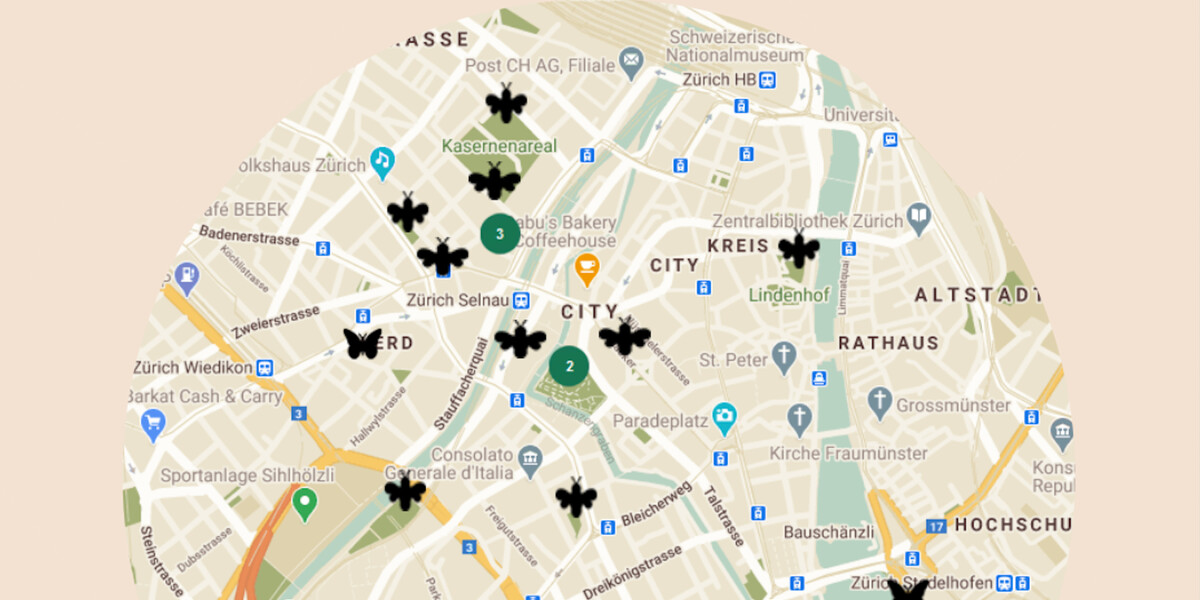
Futureplanter
Auf Futureplanter gibst du eine Adresse ein und siehst auf einen Blick, welche bedrohten Wildbienen und Schmetterlinge in deiner Umgebung leben. Du lernst, welche Futterpflanzen sie zum Leben benötigen und kannst sie aus ihrer eigenen Bio-Gärtnerei in Zürich-Affoltern gleich als Setzlinge bestellen. Mit konkreten Massnahmen kannst du so ganz einfach die Biodiversität fördern und am lebensspendenden Netz der Natur mitknüpfen, wie die Inititant*innen so schön sagen. futureplanter.ch
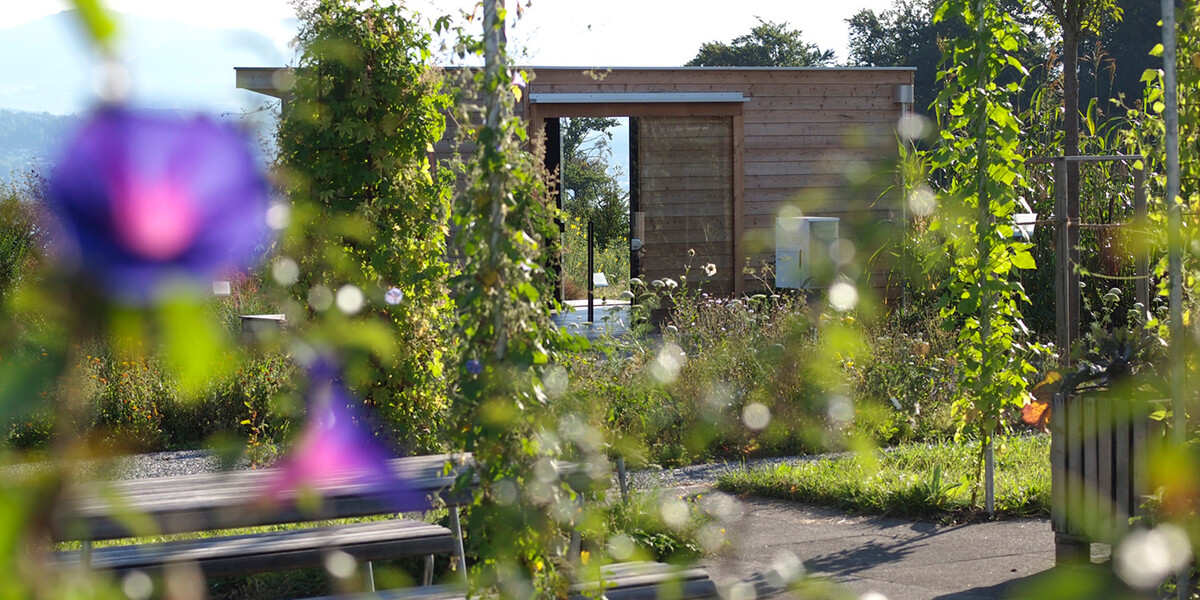
Gärten im Grüental auf dem Campus der ZHAW
Auf dem Campus der ZHAW in Wädenswil gibt’s Gärten und Pflanzensammlungen, die zwischen Sonnenauf- und Sonnenuntergang für alle offen sind. Das Institut für Umwelt und Natürliche Ressourcen thematisiert in den Gärten und Grünräumen die Lebenszusammenhänge von Pflanzen, Tieren und Menschen. Du lernst dort also ganz spielerisch und spazierend Neues über das Thema Nachhaltigkeit und wirst zu einem bewussteren Handeln in und mit der Natur angeregt. Gärten im Grüental
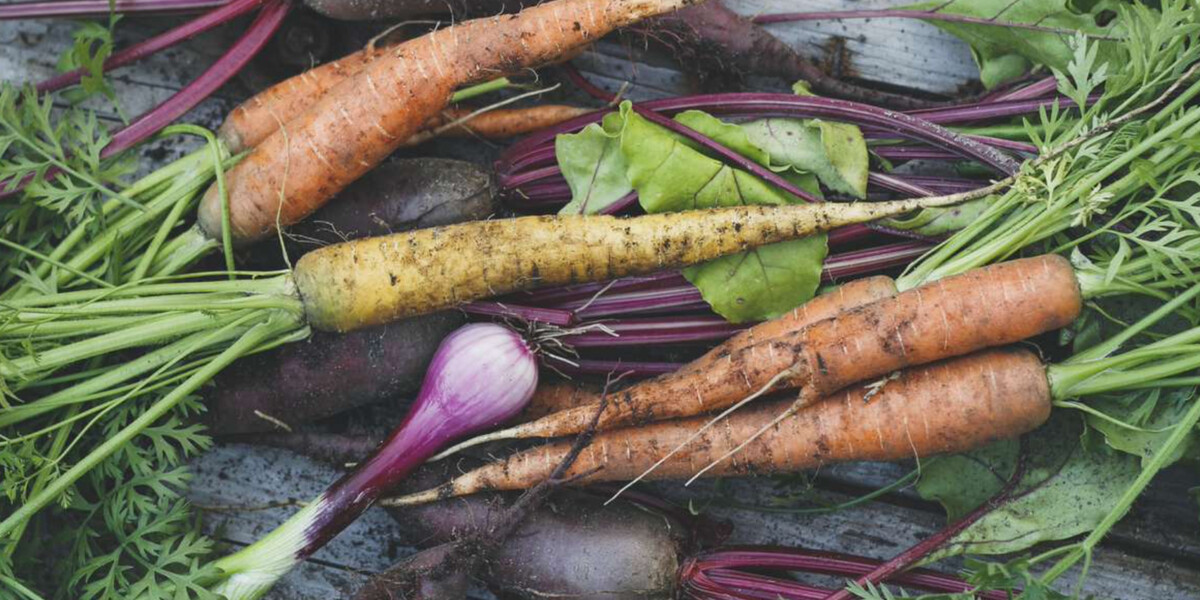
Genossenschaft Kalkbreite: Der Garten auf dem Dach
Nach Brooklyn und Berlin soll es jetzt auch in Zürich einen grossen urbanen Dachgarten geben: Auf dem Zollhaus, direkt neben den Gleisen, das nach der Fertigstellung circa 175 Bewohner*innen beheimaten wird. Die üppig begrünten Aussenflächen werden an visionäre Stadt-Wirt*innen verpachtet. In luftiger Höhe sollen die Dächer und die sonnige Gleis-Terrasse als wilde Oase der Stadt Insekten, Käfern und Vögeln einen vielfältigen Lebensraum bieten. Die «essbaren Bepflanzung» wird nach dem Geniessen kompostiert und wandert zurück in den Kreislauf. Kalkbreite.net
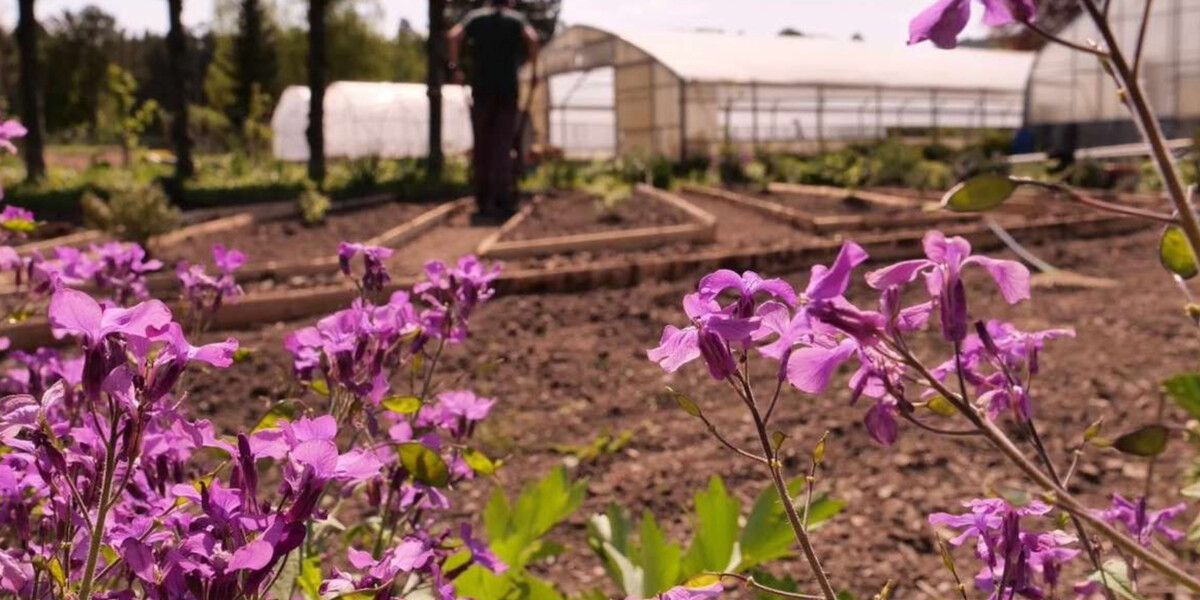
Meh als Gmües
In der Stadt Zürich gibt es mehrere SoLaWis - das steht für solidarische Landwirtschaft - und meh als gmües ist eine davon. meh als gmües produziert genossenschaftlich Gemüse rund ums Jahr. Die Mitglieder beziehen Ernteanteile und sichern so die langfristige Produktion durch professionelle Gartenfachkräfte. Zudem helfen alle Mitglieder 20 Stunden im Jahr mit, etwa bei der Aussaat, in den Gewächshäusern oder bei der Ernte. Die Genossenschaft fördert die Biodiversität, die lokale Versorgung und begreift sich als Element einer zukünftigen Stadtgestaltung. mehalsgmues.ch
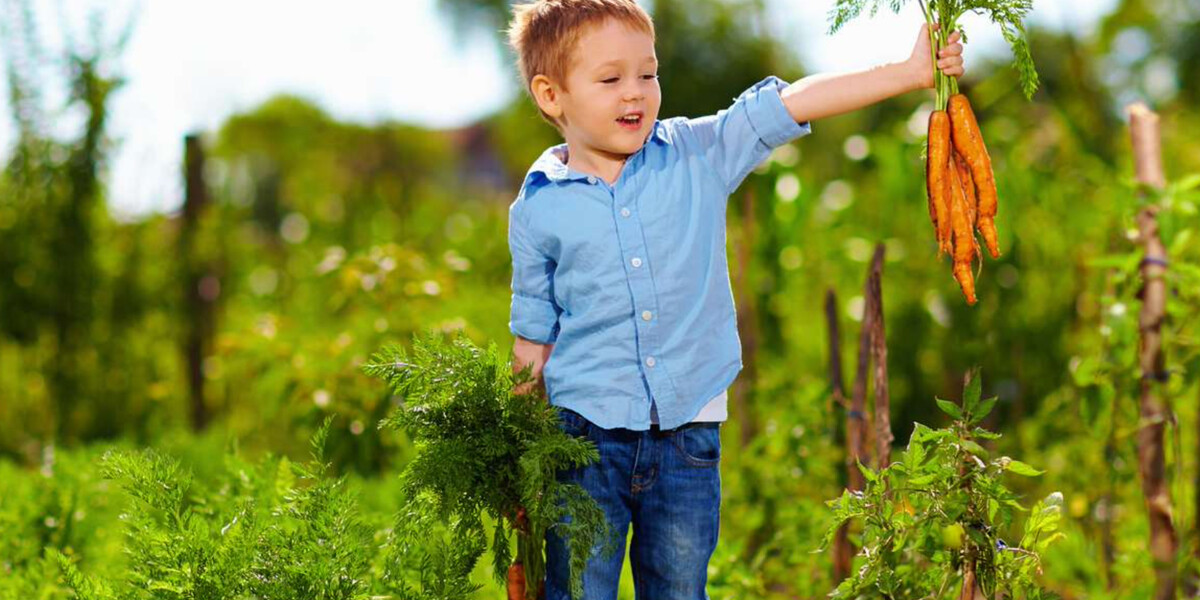
Schülergärten
Das wohl älteste Urban-Gardening-Projekt der Stadt: Im Frühjahr 1911 entstand die Initiative zur Errichtung und Führung von «Schülergärten» in Zürich unter der Leitung von Pfarrer Gottfried Bosshard. Ein erstes Areal, den alten «Friedhof auf der Platte» in Fluntern, stellte die städtische Liegenschaftsverwaltung zur Verfügung. Es umfasste gut 1'200 qm und diente zunächst als Versuchsfeld. Heute pflanzen, pflegen und ernten rund 650 Kinder ihr eigenes Gemüse und ihre Blumen in 23 Schülergärten. Diese liegen verteilt in der ganzen Stadt Zürich, meistens in der Nähe von Schulhäusern. Schuelergaerten.ch
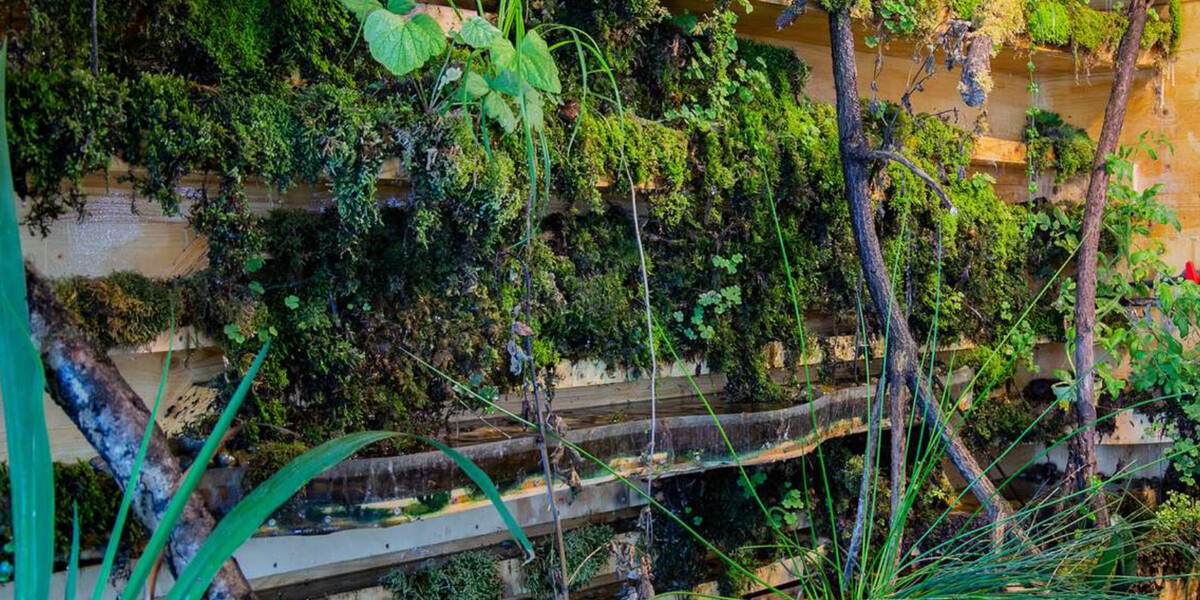
Umami
Im 4. Stock eines Büroblocks mitten in Zürich Altstetten wächst, was viele kaum erwarten würden: Die Wasseroase behaust ein Ökosystem mit Fischen, Garnelen, Pflanzen und vielen weitere Organismen. Am bekanntesten sind wohl ihre Microgreens, die du über Salate, Suppen oder ins Sandwich streuen kannst. In ihrer Indoor Permakultur leben Fische, deren Exkremente als Nährstoffe für die Pflanzen dienen. Dieser vitale Nährstoffkreislauf ist frei von Chemie und ermöglicht die Produktion von Qualitätslebensmitteln, die Spitzen- und Hobbyköche staunen lässt. eat-umami.ch
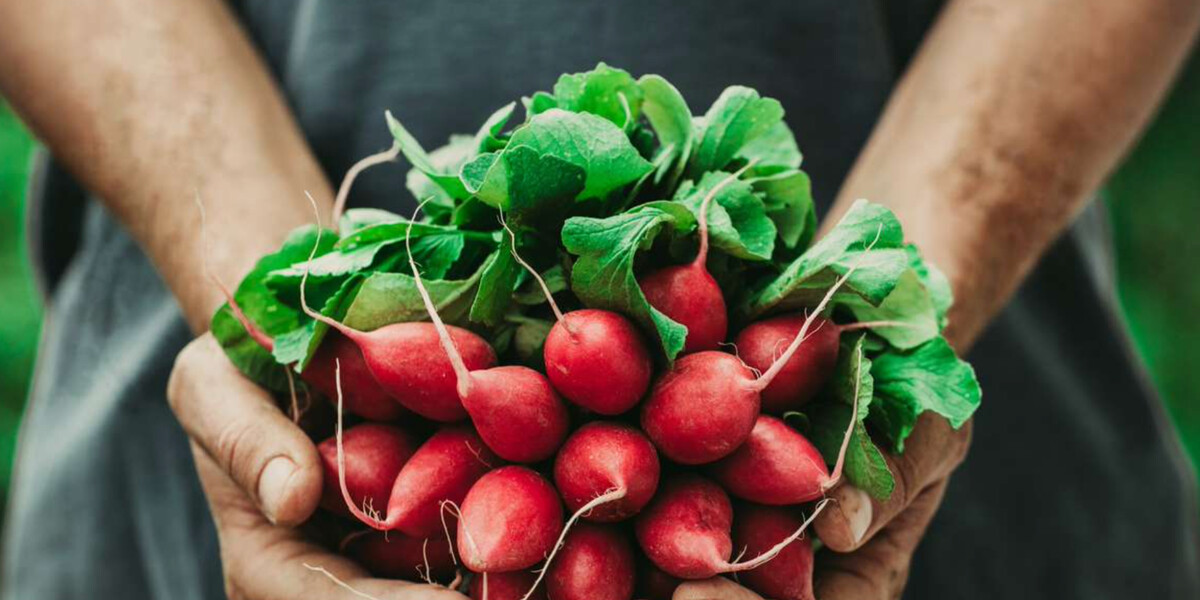
Urban Gardening, Gemeinschaftsgarten
Alle Stadtbewohner*innen, die Lust aufs Gärtnern und die Natur haben, aufgepasst: Ihr könnt euch einer Vereinigung anschliessend (Verein, Genossenschaft, o.ä.), welche bei Grün Stadt Zürich ein Gartenareal pachten und dieses in verschiedenen Formen gemeinschaftlich bewirtschaften. Eines der Projekte ist der Wynegg Quartierhof, der letzte Bauernhof des Kreis 8. Dort können Kinder selber Apfelsaft pressen, Hasen streicheln und Familien betreiben gemeinsam den «Knospe» zertifizierten Garten. Gemeinschaftsgärten
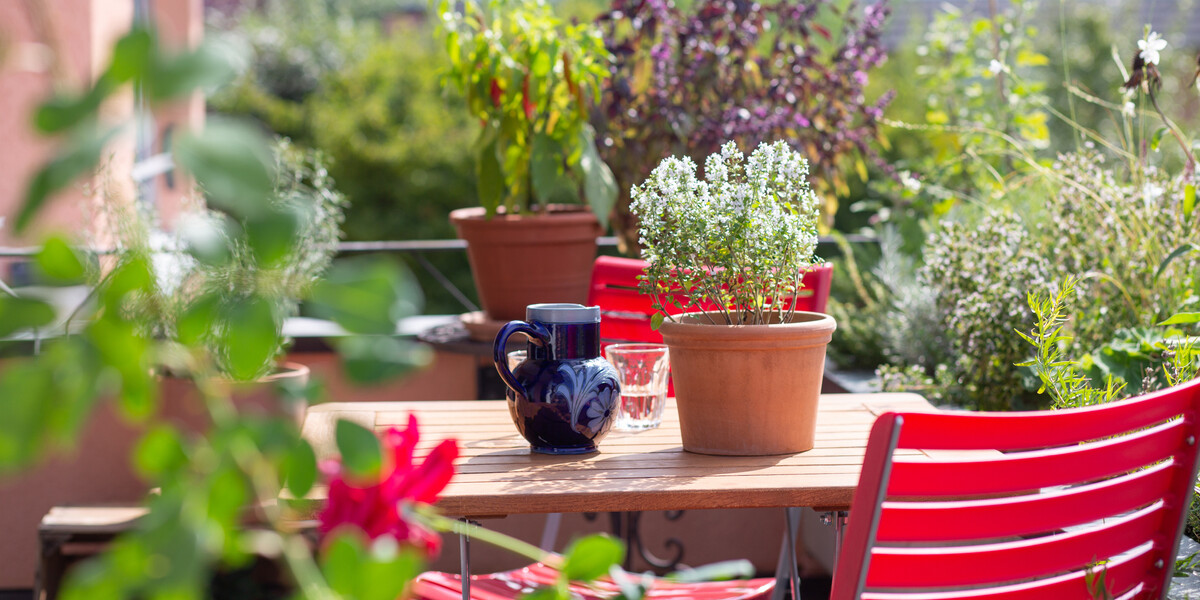
Veg and the City
Hier bekommst du alles, was du zum Gärtnern in der Stadt brauchst. Egal ob du einen kleinen Sitzplatz, einen Balkon, ein Fensterbrett oder einen Garten hast: Hier gibt’s Pflanzengefässe, Bio-Samen bis hin zu lokal produzierten Gemüsesetzlingen. Das geschulte Personal hilft dir weiter – vor Ort im Laden oder an speziellen Kursen. Ihr Ziel: Die verlorengegangene Verbindung zum Nahrungsmittel wiederherstellen und das Wissen des Selber-Gemüseanbauens für die nächsten Generationen bewahren. vegandthecity.ch
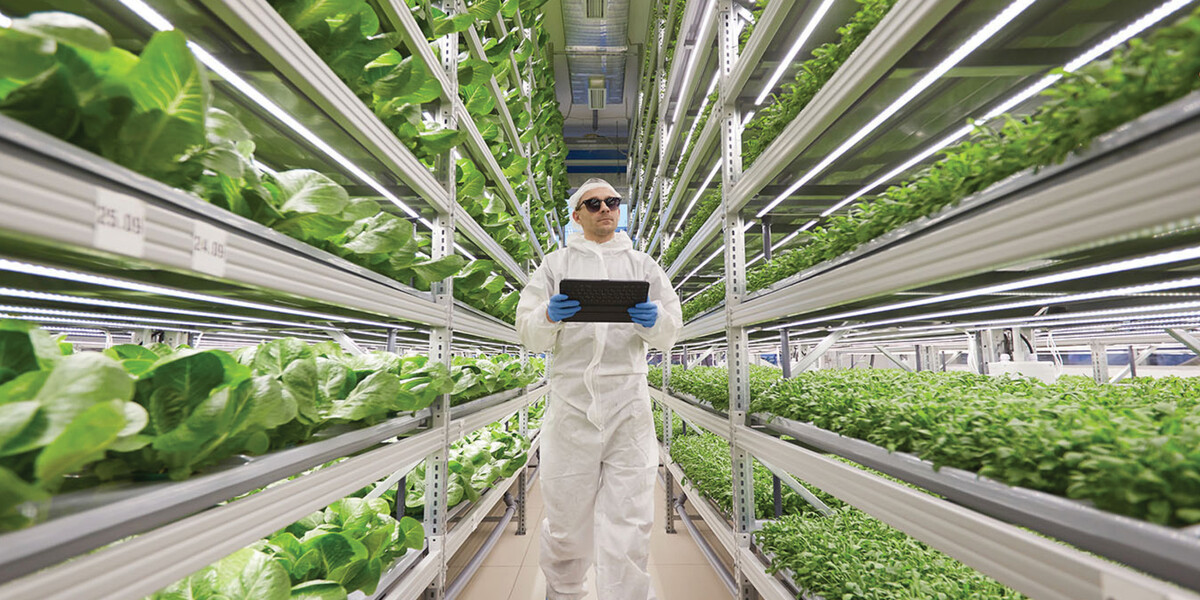
YASAI
Was aussieht wie ein Warenlager, ist in Wahrheit ein Gewächshaus: Das ETH-Spin-off YASAI entwickelt Systeme für Vertical Farming, wo Pflanzen in geschlossenen Räumen auf mehreren Etagen übereinander wachsen. Die heutige Landwirtschaft verbraucht 40 Prozent aller eisfreien Flächen der Welt, 70 Prozent des Trinkwassers und verantwortet 30 Prozent des globalen CO2-Ausstosses. Der Flächenverbrauch beim Vertical Farming für die gleiche Produktionsmenge kann man so um den Faktor 15 und den Verbrauch von Wasser um 95 Prozent senken – und es braucht praktisch keine Pestizide und keine Flugmeilen mehr. Ab Herbst diesen Jahres wird die erste kommerzielle Vertical Farm von in Betrieb gehen und YASAI Kräuter bei ausgewählten Detailhändler verfügbar sein. yasai.ch
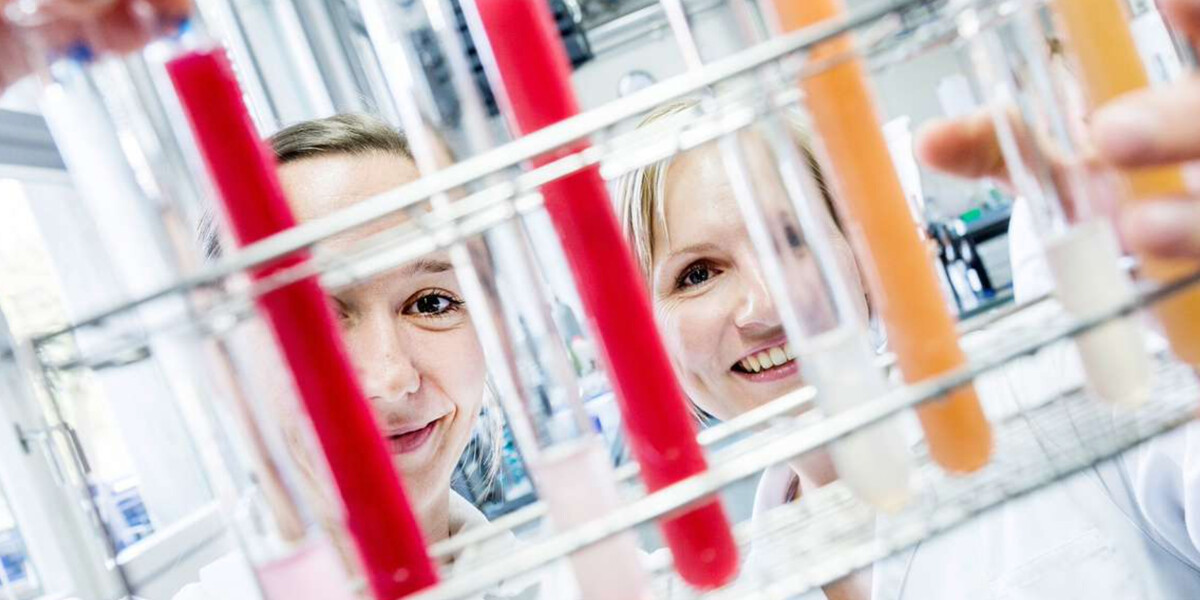
Zhaw
Jetzt wird’s kurz wissenschaftlich und richtig spannend: Aquaponik kombiniert die Aquakultur- und den Hydroponik-Anbau in einem Kreislauf – also die Fischzucht und die bodenunabhängige Lebensmittelproduktion. Das Ziel? Man kann so die Nährstoffe aus dem Abwasser, welche im Fischfutter und in den Fischexkrementen enthalten sind, wiederverwerten und damit Nahrung produzieren. Bist du interessiert? Die ZHAW führt dich an einem eintägigen Workshop in das Thema Aquaponik ein und gibt dir Tipps, um deine eigene kleine Anlage zu bauen. Aquapontik



